Latest Insights
China’s Competitive Strategy and Why It’s Difficult to Contain
Western countries, particularly the United States, have attempted to counter China through trade wars, technology restrictions, and strategic alliances, yet these measures have largely failed. Instead, China has continued to expand its influence across critical industries, finance, and international infrastructure. The reason for this resilience lies in how China has structured its economic and geopolitical strategy.
Can Europe Defend Itself Without America?
The notion of a self-sufficient European defense raises significant strategic, political, and economic concerns. While European nations possess advanced militaries, robust economies, and a sophisticated defense industry, their ability to deter major threats—particularly from Russia—remains uncertain. This article examines the current state of European defense, its historical reliance on the U.S., and the critical steps the continent would need to take to achieve true strategic autonomy.
From Liberation to Shackles: How the Rush to Independence Trapped Africa in the Colonisers’ Financial Chains – And What Mandela Knew That Other Leaders Didn’t!
The mid-20th century was a period of dramatic change across Africa, as waves of independence movements dismantled centuries of colonial rule. Critics argue that the “rush” to independence inevitably resulted in newly formed states that continued to rely on former colonial powers for economic assistance, governance structures, and even security frameworks. However, questions have persisted regarding the extent to which these nations were truly prepared to govern themselves immediately after colonial administrations departed.
South African President Ramaphosa Delivers His Annual State of the Nation Address | N18G
South African President Cyril Ramaphosa took centre stage at Parliament in Cape Town to deliver his much-anticipated annual State of the Nation Address (SONA). This SONA, which marks nearly seven years of Ramaphosa’s presidency, addressed an array of issues, including South Africa’s pressing energy challenges, the country’s infrastructure push, critical social interventions, and the broader continental context of peace and security.
Technology Regulation and Competition in the European Union – A Balancing Act
As the potential for large gains from competitive technology has increased through the introduction of Artificial Intelligence (AI) systems, the European Union has struggled to perform at the same level as global tech leaders such as the United States and China. The EU despite its regulatory advances, however find itself to be on the lower end of the leaderboard in the global tech race.
President Tshisekedi’s National Address: Security, Resilience, and Action
For decades, the DRC has contended with insecurity largely driven by armed groups operating in its eastern provinces. One of the most concerning developments has been the resurgence of the March 23 Movement (M23), an armed group that first gained international prominence in 2012 when it briefly captured the city of Goma in North Kivu.
Reports
Corporate Governance Report
In 2025, corporate governance is expected to evolve in response to emerging global challenges, technological advancements, and shifting stakeholder expectations.…
Nigeria’s Housing Crisis 2024: Challenges and Solutions
The Nigeria Housing Report 2024 provides an in-depth analysis of the country’s severe housing deficit, driven by rapid urbanization, high…
Leadership Agenda Summit 2024 Report
The world today is grappling with a profound sense of uncertainty that extends beyond traditional domains of geopolitics and economics.…
Corruption Report 2024
The Corruption Report 2024 presents a comprehensive analysis of the state of global corruption, exploring the causes, consequences, and responses…
Unleashing The Power of Data: Transforming Africa’s potential
One of the key drivers of this revolution is Data. It is critical to Africa’s economic growth and has become a new form of capital in the global economy. The continent’s increasing connectivity and data generation, presents a unique opportunity to accelerate development, provided that adequate infrastructure, knowledge, entrepreneurship, capital, innovation and policies are in place.
From Kabul to Gaza: Lessons Unlearned in the Fight Against Terror
The rise of Hamas, an Islamist militant organization, further complicated the dynamics of this conflict. Initially founded as a non-violent Islamic charity, Hamas’s evolution into a militant group reflects broader trends in regional politics and extremism.
Policy Public Square
Policy Public Square with Annette Sorensen is the Sixteenth Council Podcast, dedicated to exploring global issues and shaping policy discussions. Featuring influential voices worldwide, it tackles topics such as government, geopolitics, security, terrorism, technology, global health, and energy transition. The podcast aims to facilitate conversations and foster collaborations to address common challenges affecting people globally.
Featured Videos
Spotlight: The Nigeria Housing Crisis 2024 report
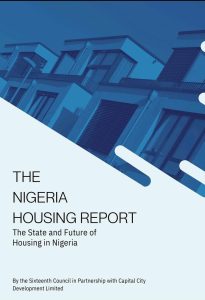
The Nigeria Housing Report 2024 provides an in-depth analysis of the country’s severe housing deficit, driven by rapid urbanization, high construction costs, and limited access to affordable housing finance. It examines systemic barriers such as inefficient land management and weak policy coordination, which have hindered progress in addressing the crisis.
The report also highlights emerging solutions, including innovative construction technologies, public-private partnerships, and sustainable housing initiatives. By assessing current policies and their effectiveness, it offers actionable recommendations to bridge the housing gap.
Serving as a vital resource for policymakers, investors, and urban planners, Nigeria Housing Crisis 2024 explores practical strategies for ensuring affordable and sustainable housing for millions of Nigerians.
Expert Commentary
Trump tells Ukraine ‘You should have never started the war, you could have given up land’
President Trump’s stance, as captured by a BBC broadcast and supported by fresh statements from his Florida residence at Mar-a-Lago, goes further than his previous rhetorical positioning. Instead of stressing deterrence through strength—his usual rationale—he placed partial responsibility on Ukraine, suggesting that a territorial concession could have averted the conflict altogether. These statements have elicited strong reactions worldwide, most notably in Ukraine itself, which has borne the brunt of the Russian invasion.
DRC Unique Circumstances Doesn’t Need Another Nationalist Like Patrice Lumumba but a Strategist Like Mobutu (Without Dictatorship)
This article asserts that the DRC’s unique circumstances do not need another fiery nationalist leader; it requires a strategist—someone capable of forging pragmatic coalitions internally and externally, advancing military capabilities to secure its vast territories, and ensuring sustainable development in key sectors. Drawing on historical episodes, reputable sources, and factual evidence, we examine why strategic leadership can better serve the DRC’s interests than pure nationalism.
Climate Risks, Resilience, and Funding in Small Islands
Small Island Developing States (SIDS) have high vulnerabilities to climate change effects, which are largely driven by climate change-induced changes in the ocean. Rising sea levels, ocean warming and acidification, and the chain effects of these on marine life have already begun to affect SIDS.
Europe on the Brink: The Need to Secure Strategic Autonomy Amid Trumpian Geopolitics
Europe’s challenges are no longer limited to the economic sphere. As was evidenced by Vice-President Vance’s speech at the Munich Security Conference this year, it faces very real security concerns and vulnerabilities precipitated by an over-reliance on the United States for defense. This has led to a moral hazard, where due to being dependent on American security guarantees
Can Europe Survive Trump 2.0?
A defining feature of Trump’s presidency has been his protectionist economic stance. He has repeatedly criticized European trade practices, branding them as unfair to American manufacturers and threatening reciprocal tariffs on industries such as automotive and agriculture.
Trending Global Issues


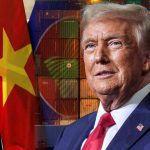

Featured Events
About Us
Committed to facilitating and managing conversations on our common issues that affect people everywhere and the collaborations required to resolve them, Brian Reuben Policy Group(The Sixteenth Council) provides a platform for leaders globally to engage large, diverse audiences in discussions on important issues about government and governance, geopolitics, security, terrorism, tech and innovation, global health, energy transition and more.
What We Do
We provide leaders with the intelligence they require to make important decisions through our robust research, thought-provoking events, and impactful initiatives. Our high-level policy and research events with business and political leaders, leading thought leaders, and policymakers around the world serves as a platform for constructive dialogue, knowledge sharing, and the development of innovative solutions to global challenges.
Join our network
Sign up to receive expert analysis from our community on the most important global issues, rapid insights on events as they unfold, and highlights of the Council’s best work.

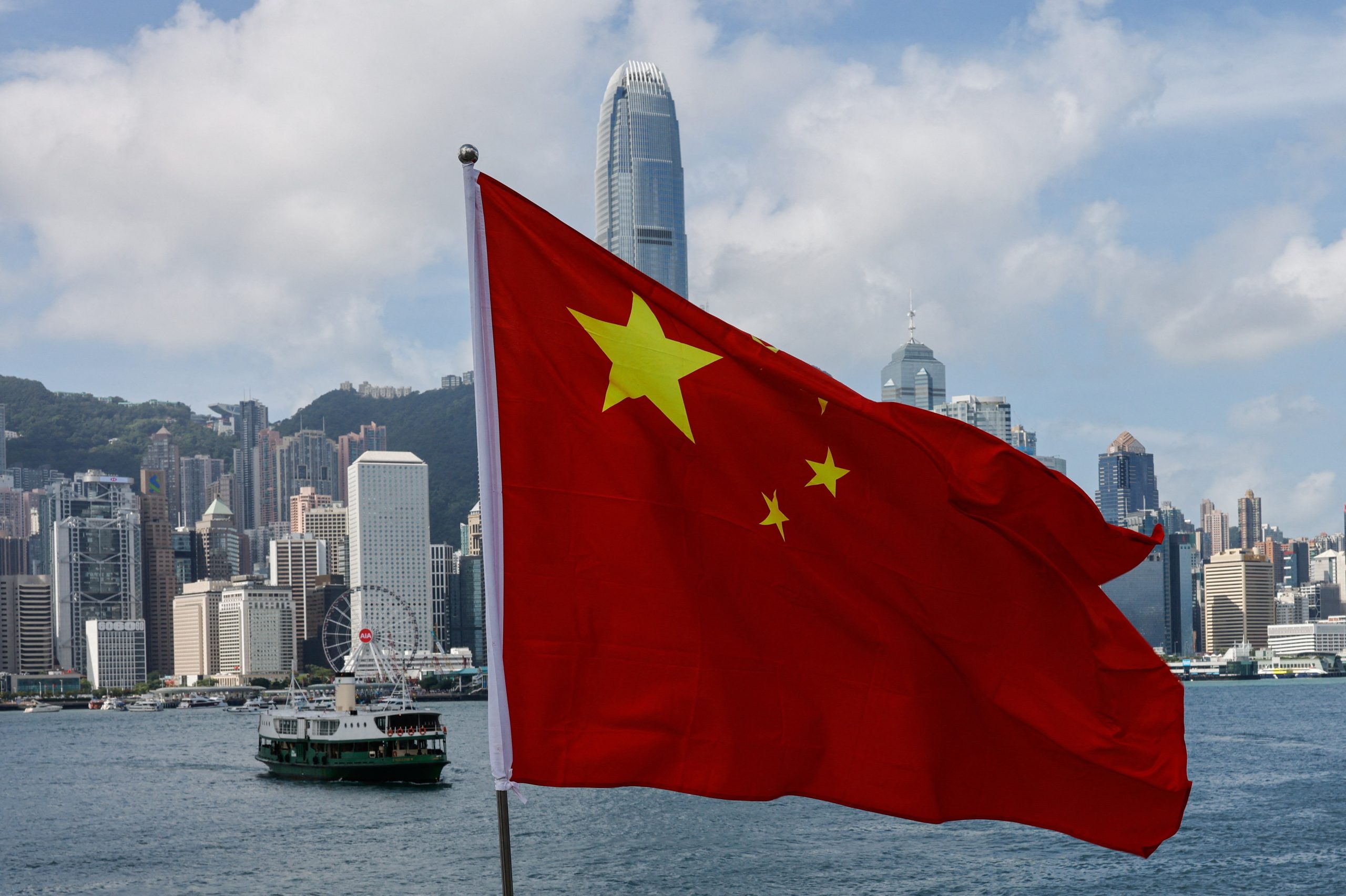



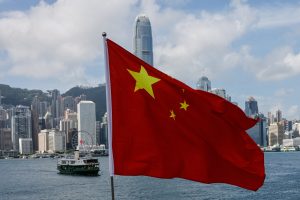

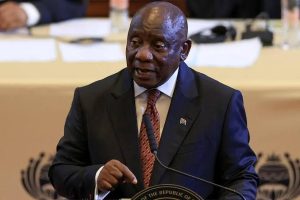







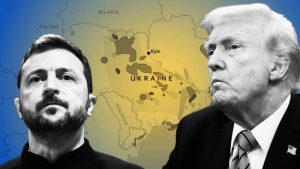










Zelenskyy: ‘President Trump is living in this disinformation space’
Ultimately, the human cost compels a renewed sense of urgency. The stories of families torn apart by shelling in Mariupol, the harrowing journeys of refugees fleeing Kharkiv, and the mounting mental and emotional toll on frontline soldiers remind us of the stakes. Millions of people yearn for a future free of conflict—where children can attend schools safely, homes are not threatened by missile strikes, and peace is more than a distant aspiration.